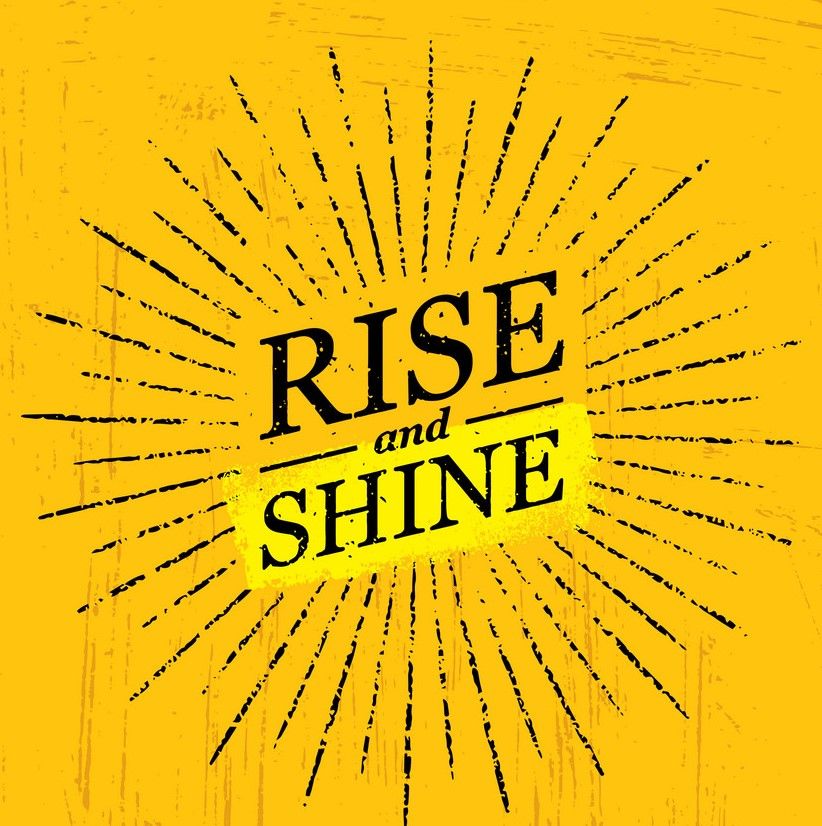THE STAGE 32 LOGLINES
Post your loglines. Get and give feedback.

THE HOUSE IS BURNING
By Natalie Geyser
A coming-of-age story about 18-year old climate activist, Ayakha Melithafa, writing final exams during a global pandemic in Khayelitsha, South Africa. When her family loses their farm in the Eastern Cape due to prolonged drought, her research into the cause sparks her passion to speak truth to power. Even as her generation struggles to find hope, facing climate chaos in a country 90% reliant on coal-power, her love for her family keeps her pushing to change the status quo and mobilise youth of colour to fight for climate justice. The COVID-19 pandemic offers a chance to re-imagine a fossil-free future.
SYNOPSIS:
We meet Ayakha at her home in Eerste Rivier, a community stretched to breaking point by rising unemployment and collapsing social systems, during a COVID-19 Level 1 Lockdown. Determined to educate her community about climate change, she mobilizes more than 5000 youths of colour to the #climatestrike protests in Cape Town in solidarity with Greta Thunberg’s Fridays4Future protests in 2019. She often faces derision from her peers who view climate change as a “white privilege” compared with more pressing social ills - like hunger. Yet Ayakha is determined to help her community connect the dots and to understand why climate change is the overriding threat, exacerbating other social injustices.
Her journey into activism begins in 2017 as prolonged drought caused by a changing climate starts to affect her family’s health and livelihood on their ancestral farm in the Eastern Cape. Compelled to take action, she signs up for a climate leadership program with a local NGO. As her knowledge of climate change grows, so does her drive to speak truth to power and in 2019, Ayakha delivers a memorandum to President Cyril Ramaphosa before his State of the Nation Address, outlining key policy changes needed to secure children's constitutional rights to a healthy environment in a country 90% reliant on coal power. In 2020, she delivers a series of powerful talks at the World Economic Forum in Davos, sharing a stage with Henrietta Fore of Unicef, Jennifer Morgan of Greenpeace and Greta Thunberg. It is here that she becomes acutely aware of the lack of representation of African voices at the climate talks table, and she makes a decision to change this situation.
As she completes her final year exams at the Centre for Science and Technology in Khayelitsha, she hopes to study law in 2021 - but like most students who cannot afford tertiary education, she will have to apply for a Government-subsidised NSFAS grant and there is no guarantee she will be selected. Ayakha represents the youth who will soon hold the reins of power. Who will she vote for? Or will she help tear down the systems that threaten her future?
Nokulunga Sophazi Melithafa is Ayakha’s mom, and it is through her that we gain perspective on the situation facing rural female farmers within a corrupt and patriarchal system. Ayakha’s connection with nature is of major importance to her peace of mind, and to the family’s financial wealth. She educates her mother about climate change and about how to farm sustainably, and her mother offers her the strength and wisdom she needs when she falls into depression and dispair. Their relationship is a blend of the past and the future, where Generation Z is determined to do things differently and yet her mother knows we must acknowledge the ‘old ways’ in order to survive the future.
The stakes are high for Ayakha: like millions of youths around the globe, she is afraid that her future is in danger. She understands that there needs to be systemic change, and that this needs to happen rapidly. “My community already live with a small carbon footprint: we rarely eat meat; we all share one car; we plant our own food... this is not going to change the fact that Sasol and Eskom and Total and other Big Polluters need to stop putting profit before people This is not going to stop the fact that continuing to burn fossil fuels will doom us all to a future on a planet that is uninhabitable. My generation is saying NO to these systems that continue to harm us.”
Our film will always be told through Ayakha’s point of view - giving us an intimate glimpse into the Zeitgeist of contemporary South Africa, where young people like Ayakha face an unprecedented struggle for survival. Unlike her peers in the North, her personal struggle is a unique look at the climate warriors as she is directly affected by climate capitalism. She fights to change the system because her life is at stake.
Her house is, literally, on fire. The earth needs leaders like her right now.


Rated this logline